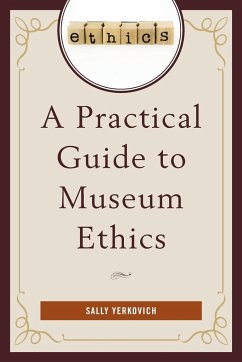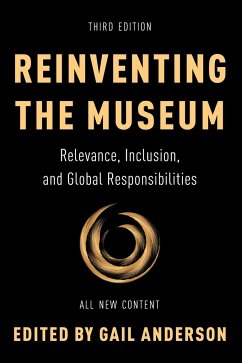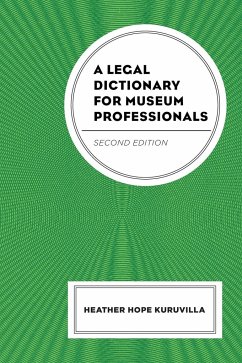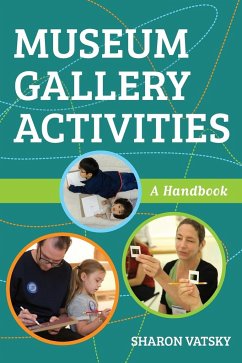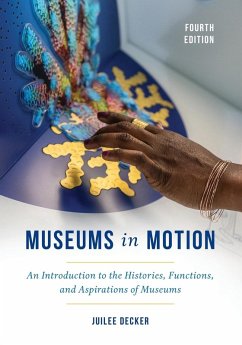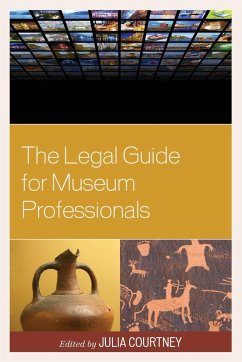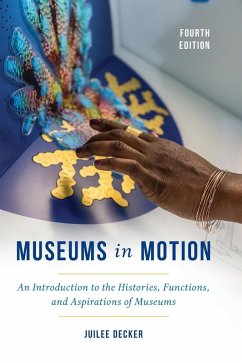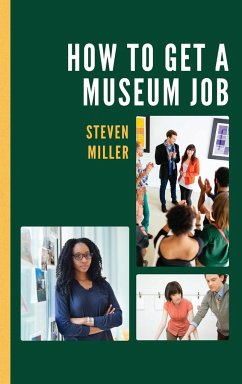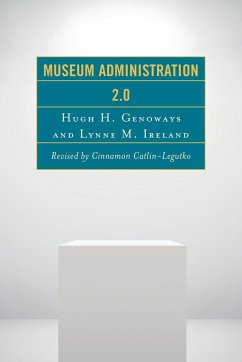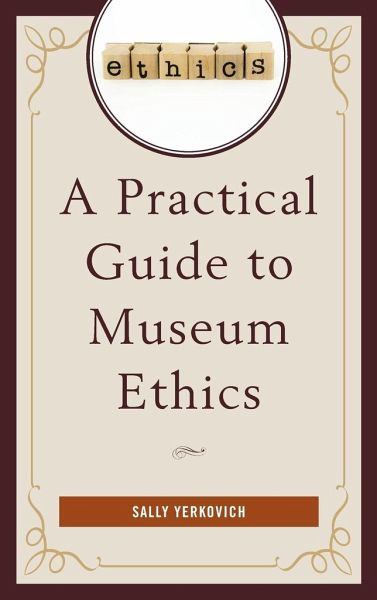
Practical Guide to Museum Ethics
Versandkostenfrei!
Versandfertig in 1-2 Wochen
114,99 €
inkl. MwSt.
Weitere Ausgaben:

PAYBACK Punkte
57 °P sammeln!
Are your collections up for grabs? Does the spouse of one of your trustees have too much to say about developing the exhibition schedule? How much is too much public participation? Where does a curator's authority begin and end? Grounded in a series of case studies, A Practical Guide to Museum Ethics confronts types of ethical dilemmas museums face and explores attempts to resolve them in chapters dealing with accessibility, disability, and diversity; collections; conflict of interest; governance; management; deaccessioning; and accountability and transparency. Suitable for classroom use as we...
Are your collections up for grabs? Does the spouse of one of your trustees have too much to say about developing the exhibition schedule? How much is too much public participation? Where does a curator's authority begin and end? Grounded in a series of case studies, A Practical Guide to Museum Ethics confronts types of ethical dilemmas museums face and explores attempts to resolve them in chapters dealing with accessibility, disability, and diversity; collections; conflict of interest; governance; management; deaccessioning; and accountability and transparency. Suitable for classroom use as well as a professional reference, here is a comprehensive, practical guide for dealing with ethical issues in museums.




